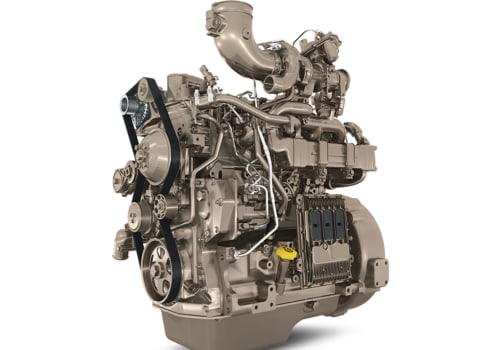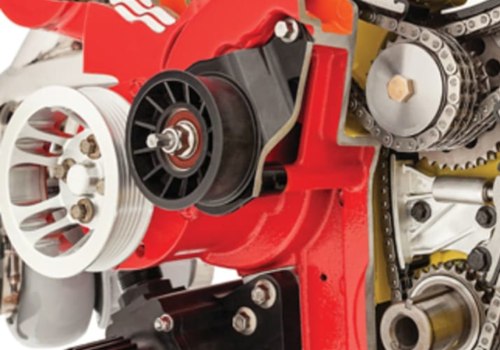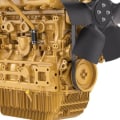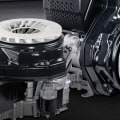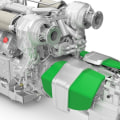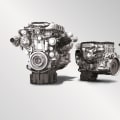The advances in cooling technologies have had a significant impact on modern-day diesel engines. The energy density and compressive strength of diesel fuel make it an incredibly efficient fossil fuel, with a thermal efficiency rate that is 20% higher than that of gasoline engines. This means that diesel engines can produce more energy while reducing emissions. The latest advances in diesel technology are further improving the efficiency and reducing emissions associated with diesel.
This is due to the fact that diesel does not burn in the combustion chamber until it reaches a certain temperature. When it is highly compressed, at extreme temperatures, the diesel burns much more completely than other fuels with less resistance to compression. The compressive strength of diesel also allows for higher efficiency rates and lower emissions as technologies advance. Refrigerant technology has evolved rapidly to meet the needs of high-performance engines, providing longer lifespan and improved fuel efficiency.
Overall, the advances in cooling technologies have had a major impact on modern-day diesel engines, allowing them to produce more energy while reducing emissions. This makes diesel an incredibly efficient fossil fuel, and one that is likely to remain popular for many years to come.

